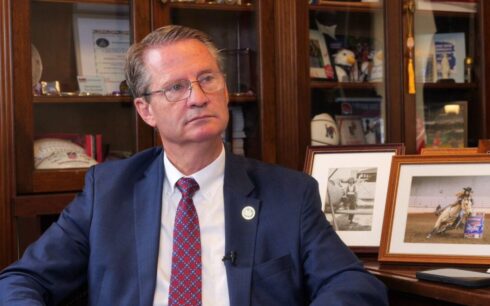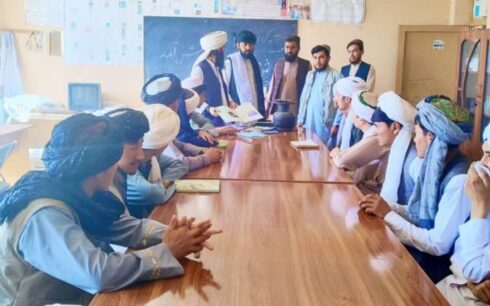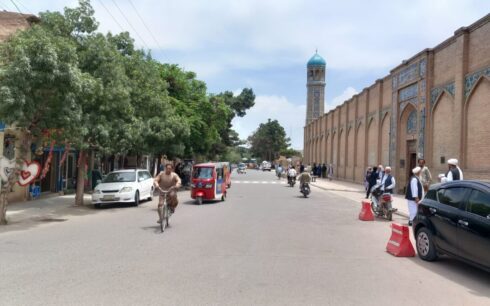KABUL, Afghanistan — Taliban is willing to mediate between Pakistan and the Tehreek-e-Taliban Pakistan (TTP) if both parties request it, Taliban spokesman Zabihullah Mujahid told Amu on Sunday.
Mujahid said that while they would consider stepping in, they would refrain from “interfering in Pakistan’s internal matters” unless explicitly asked by both the Pakistani government and the TTP.
“We facilitated talks between the two sides nearly 18 months ago at the request of the Pakistani government, and those discussions made some progress,” Mujahid said, adding that the Taliban has not received any recent requests from Pakistan to mediate.
U.N. report highlights TTP’s rising threat
Mujahid’s comments come amid growing concerns over the TTP’s presence in Afghanistan. A United Nations report released in July identified the TTP as the largest terrorist group operating in the country, with an estimated strength of 6,000 to 6,500 fighters.
The report raised alarms about potential increased collaboration between the TTP and al-Qaida, which could elevate the TTP to an extraregional threat. “Al-Qaida’s support of TTP includes the sharing of Afghan fighters for its military formations and training camps in Afghanistan,” the report noted.
Training provided by al-Qaida’s branch in the Indian Subcontinent has reportedly enabled the TTP to launch high-profile attacks against well-defended targets. Additionally, the report mentioned that an associate of Sirajuddin Haqqani, the Taliban’s acting Interior Minister, facilitated the transfer of weapons to the TTP and arranged for the release of Islamic State fighters, who were then recruited by the TTP.
Taliban’s shifting approach to TTP
Despite these developments, the Taliban’s relationship with the TTP appears complex. The U.N. report revealed that the Taliban provides financial support to TTP leader Noor Wali Mehsud, allegedly offering 3.5 million Afghanis (about $50,500) per month. However, the Taliban also pressures Mehsud to secure additional funding from donors, wary that excessive pressure could push the TTP towards collaboration with the Islamic State.
In mid-2023, the Taliban’s approach to the TTP shifted, with the General Directorate of Intelligence facilitating the establishment of three guesthouses in Kabul for TTP leaders. These leaders were also issued permits for movement and immunity from arrest, reflecting a more strategic alignment to ensure the TTP’s loyalty and prevent defections to the Islamic State.
The U.N. report also highlighted that in March 2024, Noor Wali Mehsud claimed to have met with Taliban leader Hibatullah Akhundzada, a claim the Taliban quickly denied. The report further noted that Sirajuddin Haqqani appears to have been sidelined in his role as a mediator between Pakistan and the TTP, with a delegation led by a close ally of Akhundzada visiting Pakistan for talks in January 2024.
The U.N. concluded that over two dozen terrorist groups continue to operate in Afghanistan with relative freedom, under the watchful eye of the Taliban’s General Directorate of Intelligence. Despite certain restrictions, the Taliban’s relationship with al-Qaida and its affiliates remains close, maintaining Afghanistan as a haven for these groups.





